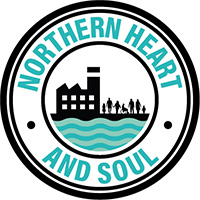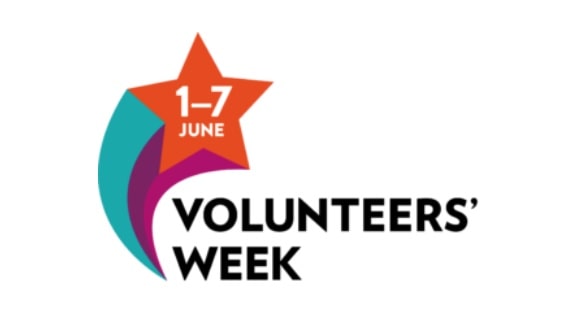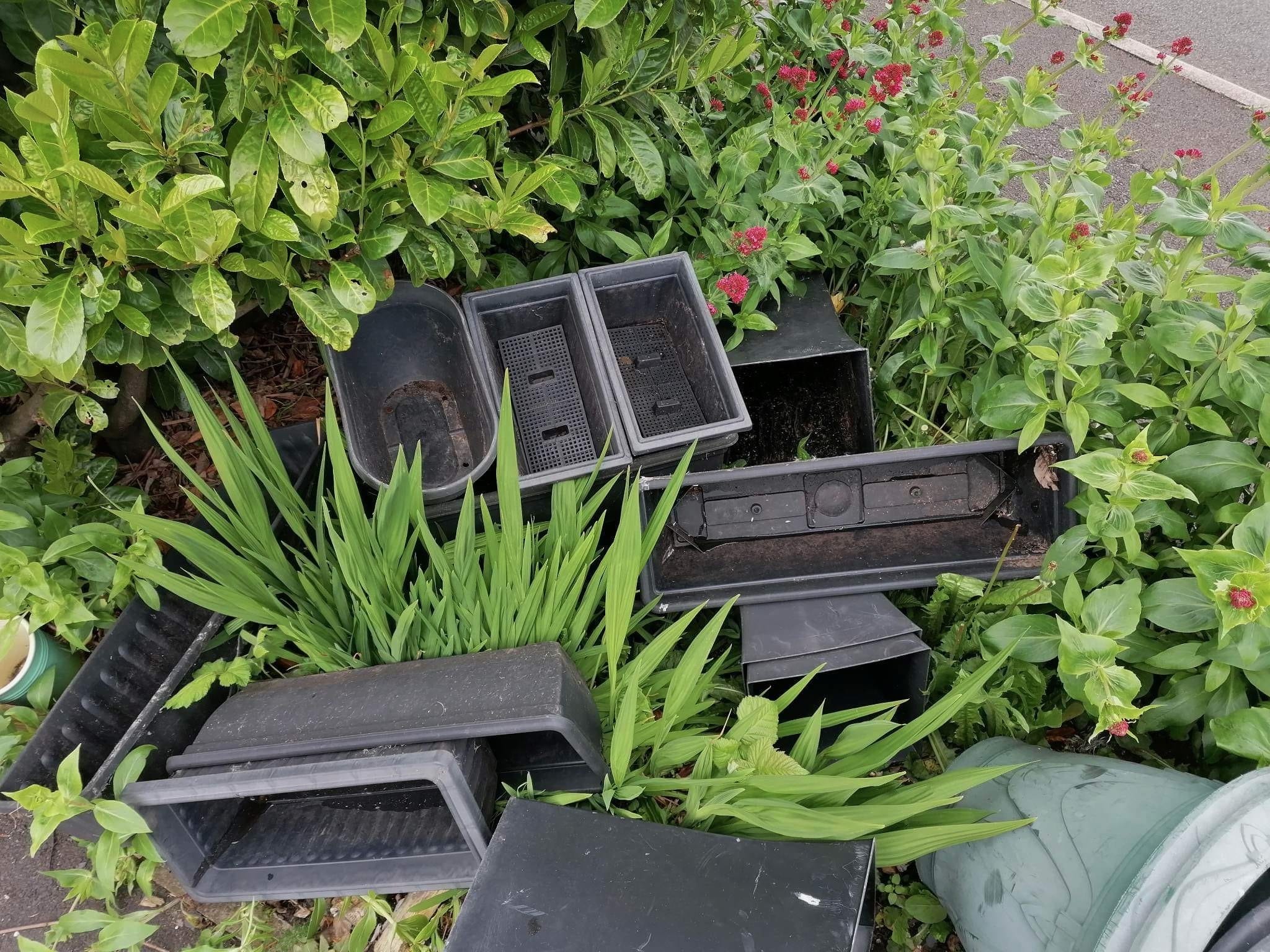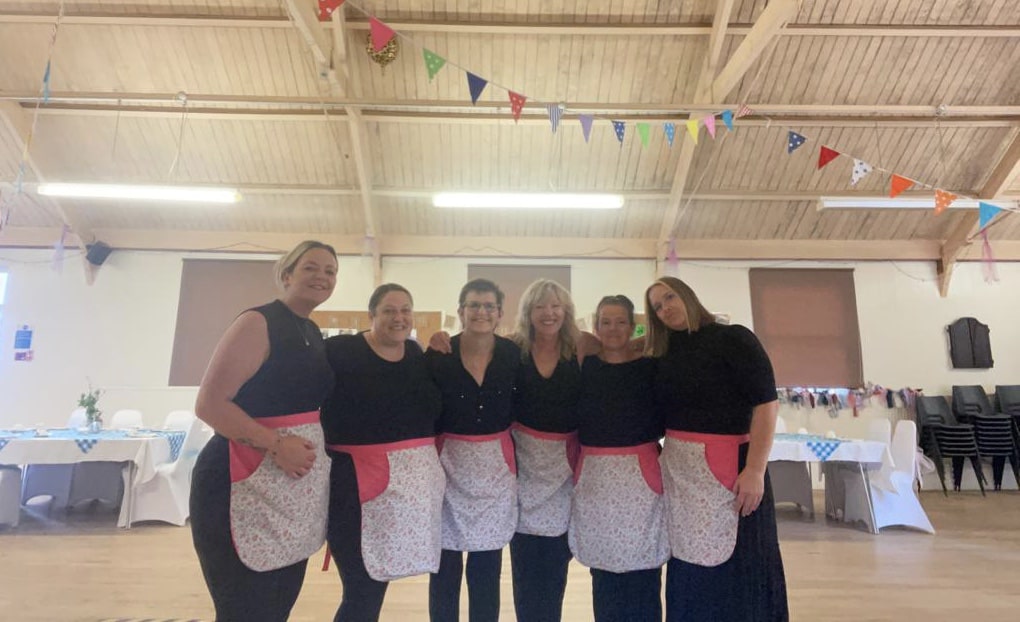
Here Comes Grinch
Sorry to be the party pooper in the run up to the festive season, but I just find all this poverty soothing so difficult to watch and it’s really ramped up at this time of year. You might want to stop reading here, as this isn’t the popular view. And, I’m not asking you to agree with me. It’s important to be able to hold multiple perspectives and to have space for less dominant narratives. What I’m about to say can be difficult to hear if your core values don’t want to see authority and resource relocated. It’s the lonely soul who dreams of communitarianism view.
I’m not saying soothing isn’t needed, I think I posted about it on Linked In the other week, and I do tend to write about it annually. It’s just when it doesn’t seem to be accompanied by any activism that I feel like it’s serving and centring the poverty industry and charitable egos. I find that hard to swallow. If, for example, we had a Poverty Truth Commission in the town or an Anti Poverty Network or a Universal Basic Income Lab then I’d find it much easier to be with, because we’d be seeking to really make a change to poverty rather than just soothe it.
A few weeks ago I surveyed the local community members who play the community lottery about how we should spend the takings between September and December. I provided two options that I knew from conversations were popular and options to add ideas or comments. The two options were to discount community coach trips and / or provide a festive solidarity fund of cash gifts of between £20-£50. There’s around 120 community members who have paid into the lottery and 40 of them responded, which is a really good response rate. The views were pretty tied with both options having a similar number of votes, so we’ll be doing both.
There were a couple of comments that struck me and highlight what causes me concern about the way we poverty soothe and the way it can cause harm to both family and community life. I was really chuffed that there were only a couple of comments of this nature too, given it can be such a well voiced view within the poverty industry itself.
The comments related to the idea of cash gifting, suggesting that we buy toys or make up hampers instead. As if ‘these’ people might be untrustworthy. There was no notion of food waste (we all saw the tremendous waste of food with covid food parcels with our own eyes) or dietary and cultural needs, and no consideration of agency… that people like to buy their own things, and maybe use the money for something else – like the emergency repair that tends to turn up in December. Even when my Grandma found mobility difficult, being wheeled around the supermarket to buy her own shopping brought more joy, agency and positively effected her physical and mental health than bringing it to her door ever did.
I remember sitting at a voluntary sector event in Wigan last year, exploring poverty and proposing Universal Basic Income at the table I was sitting at and hearing ‘they might not spend it sensibly.’
It’s this framing of ‘them’ and ‘us’ that sticks in my throat. And the Victorian idea of deserving and trusted poor. So to keep small amounts of cash safe, whilst unbelievable amounts of cash and assets are extracted every day we prefer to label people who are doing their level best in difficult circumstances as feckless, untrustworthy and irresponsible and remove all agency. It’s a dominating and power over approach, regardless of the glitter and sparkle coating.
We don’t consider the harm that our actions might cause with our well intentioned helping efforts. I’ve see this first hand myself when working alongside families, and also acted in this way myself, as a saviour. It was only when I really spent time listening to people living in poverty back in 2011 that I began to see that my actions might cause harm. It’s how I’ve formed these views.
Back in 2011, we, like many other services, took bags full of Christmas presents to families. We also visited families in between Christmas and New Year and saw many of the said toys discarded and broken. Kids knew their parents hadn’t provided them, and they weren’t what they really wanted or had asked for. It was clear to see they hadn’t had the idealised Christmas that we the charitable helpers had hoped for. Christmas is a tough time for a lot of people and if you add a tonne more guilt and shame onto it, the fear of increased domestic violence and throw in an extra dollop of loneliness then the odds are pretty low that everyone will turn into the Partridge family for one day.
We all know providing for your children is a parental function, it’s how you and your children deepen love and mutual respect – in the giving and receiving. When children see the state or a charitable organisation taking on that role then it impacts on the dynamics in the family. There’s also something important about the selection and wrapping of gifts and paying for them. That treat shouldn’t be reserved for the volunteers preparing the sacks but with the parents themselves. There’s something intimate about wrapping a present for someone you know well. You imagine their face opening it and sometimes wonder if they’ll like it. It’s more detached, and often full of gendered stereotypes to wrap for a child aged 5 or an older isolated women. Some children, who we worked closely alongside for over 5 years, said that once parents knew services would rescue with Christmas gifts then parents would spend more money on the family secret, the drugs and alcohol that was keeping the family stuck.
And the wider community see this too. It makes many people angry and causes division at street level. Those in work poverty, on zero hours contracts, saving with the Credit Union and trying to balance needing extra money for Christmas with reductions in Universal Credit were particular annoyed. When they see services turning up with their wrapped Christmas presents at the doors services rather than the community deemed to be in need, they experience a sense of unfairness and injustice. We do often forget that there’s already so much local neighbour to neighbour gifting that naturally occurs within connected communities. Turning Christmas gifting into an industry can unintentionally displace that, with generous people gifting to the distribution centre rather than the neighbour.
I’m not saying I know what the answer is, and as always there’ll be a range of possibilities. We need a safety net, that’s a fact and it’s clear to see that community is now resourcing for families what used to be resourced through Children in Need monies. And it’s usually those who can afford it the least that gift the most and fill the gap left by financial cuts.
Strategic gifting is important. There’s people who wouldn’t receive any gifts otherwise, people who are disconnected, who have fled violence or country, who’ve become homeless or their budgets won’t just spread due to the benefit systems and low wages.
I’m not a complete Grinch. I too remember the thrill of receiving gifts from the community and being helped by family members and friends when attempting to live on benefits with children myself. As a child, the £5 note in an envelope stapled to a plastic bag that contained a Galaxy bar and an apple and an orange, funded by members of Aspull Labour Club was always one of my favourite gifts. Not because I could see at that young age that here was a community looking out for each other, who knew each other and were connected; more because owning so much cash at that age felt like I’d won the pools.
We all know that Beveridge after creating the welfare system realised twenty five years later that he’d made a mistake, that the system he’d created would create dependency and that there was insufficient space for interdependence.
We know that, and yet still we seem tied to a charitable model of Christmas giving where the helper feels a sense of purpose and the helped should just feel grateful. A model that makes sure that extravagance doesn’t stick in the throats of those who have more than they need, by offering crumbs to those who have very little. A romantic Dickensian idea of a grateful Tiny Tim.
So in my view, designing a helping system based on a tiny minority who might not be able to handle cash payments is a dominating model that uses power over and can only cause harm and disempowerment to the fabric of family and community life and everything that it stands for. That’s why we practice cash giving in the local community. It’s all about dignity, trust and solidarity. And so much ripples from it.
So, how will you offer the gift of solidarity this Christmas?
How will you seek to uphold dignity, agency and power with, in the way you offer help and support?
And Wigan folk, the invitation is here. How shall we organise for collective liberation?
An Anti Poverty Network, a call for a Poverty Truth Commission or form a Universal Basic Income lab? Something else? We must do more than soothe.
It feels good to get that off my chest.




